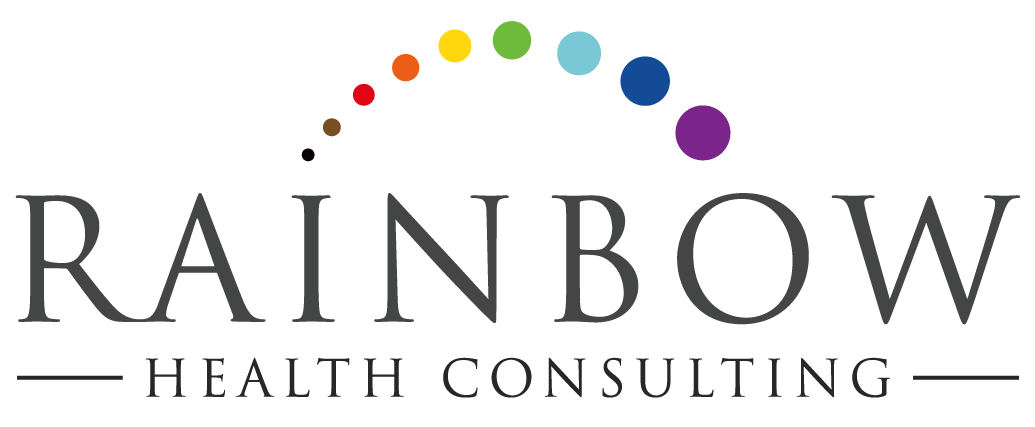Seven Ways Parents Can Help their LGBTQ+ Teens to Thrive
This week, as part of my volunteer work, I went on a field trip to a local PFLAG meeting. Wonderfully, the meeting was full of supportive and loving parents who wanted only the best for their LGBT children. They were working through their own individual issues, sure, but they cared deeply about their children and the young adults they were becoming. The one thread, however, that I heard echoed again and again was, “How do I protect my LGBTQ+ child’s health when I don’t know anything about their individual health care needs?” Caring for the health of LGBTQ+ adolescents is unlike anything that most heterosexual parents have experienced before. There are, of course, health themes that apply to all youth, but parents of LGBTQ+ youth should take an active stance on protecting their children from the realities that their lives may present.
Here are some guidelines to caring for the health of your LGBTQ+ adolescent:
Find an LGBTQ+-friendly pediatrician. No, really, do this. Your child may no longer be comfortable talking candidly about sexuality with the doctor who used to give them a lollipop after their shots. You may need to actively seek out a health care provider who is either LGBTQ+ him- or herself, or is actively LGBTQ+-friendly and supportive. How will you know? Ask them! There are also online resources to find health care providers who will be warm and comfortable around these issues. For example, GLMA has a very extensive one that is searchable by zip code, type of health care provider needed, community partner agency, or myriad other filters.
Seek out mental health services. Your child may have a need for mental health services, even if they do not appear to be in active distress. This is not to say that there is anything wrong with your child mentally, just that they may need a supportive ear at a time when everything seems very confusing and new. Heck, you may need someone to talk to as well, even if you feel that you accept your child wholeheartedly. There are resources out there for that too, including GLMA and many others as well.
Just because they can’t get pregnant with a same–sex partner doesn’t mean they don’t need to learn about safer sex. Get your child tested now for HIV and other STIs, and continue to follow-up test as you go. Talk openly with your child and emphasize sexual health, as in the promotion of healthy sexuality with the prevention of STIs. Talk to them about having respect for themselves and their bodies, and not allowing themselves to be pressured into sexual relationships before they are ready.
Vaccinate, vaccinate, vaccinate! Did you know that the HPV vaccine Gardasil is now recommended for boys and girls? Health care providers recommend that men who have sex with men, for example, are vaccinated against Hepatitis A & B, the flu (annually), and HPV, to start.
Monitor their online personas. Just as you would with your non-LGBTQ+ children, you must keep a vigilant eye on your LGBT child’s online presence. They are vulnerable to being lured into unsafe and unhealthy relationships or experiences by predatory adults. Pay attention to your child’s online activity, and keep an open conversation with them about how they present themselves to the world online. Violence against LGBT people is still a constant reality, including exploitation and child abuse.
Have ongoing conversations about substance use and abuse. LGBTQ+ folks are at a higher risk for substance abuse, which can be deadly. Talk to your children about the pressures they face and how they deal with stress, and about the importance of substances in moderation. If you find that your child does have a substance abuse problem, there are centers that assist LGBT people with addiction.
Love your child unconditionally. The best predictor of positive health outcomes is a loving, supportive family and community. With open conversations, loving and trusting relationships free from judgment, and the empowerment only great self-confidence can give a young person, the health disparities faced by LGBTQ+ individuals will hopefully lessen over time. You, the parent of an LGBTQ+ youth, can be a part of that!
There are so many great groups of like-minded parents for you to connect with! Be sure to reach out!

